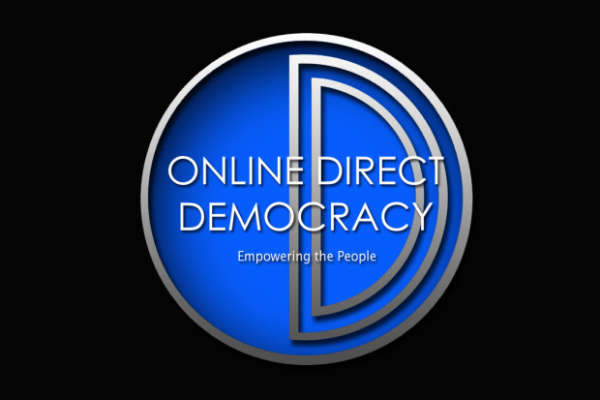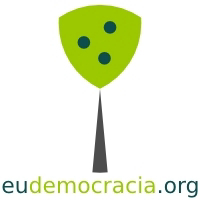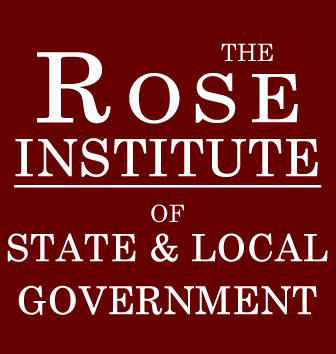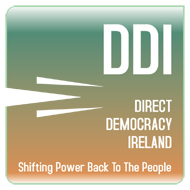Paul Nollen
Member Since 2018I am a retired electrician born in 1943. The last years of my professional life I was an operator of the High Voltage grid in the Northern part of Belgium. At work I was involved for about 30 years in union activities, I got speed courses in law concerning employment law, meeting tactics, and so on, and I took part in several councils where at the other side of the table the representatives of the employer were seated. At such a table there is no balance of power, little common ground about specific and general knowledge or what ever. We even don’t speak the same language, the same words may have different interpretations probably due to the difference in education and life style. That is the reason I suppose that I am biased against ‘mixed panels’ in the subject I am studying now, the use of sortition in politics.
My interest for politics started with the arrival of a new political party in Belgium (around the year 1997), Vivant, led and financed by the millionaire and entrepreneur Roland Duchatelet. The 3 main pilars of the progam were
- Direct democracy (Swiss model)
- Basic Income
- Shift of taxes from labor to consumption
It was a very interesting experience but it did not succeed, Vivant ended his activities as a political party in 2007. One of the reasons was that the traditional political parties voted in favor of the introduction of a threshold of 5% of the votes for the first seat in elections.
After my retirement I was involved in the Basic income movement and a separate movement in favor of ‘Direct democracy’. The main aim for the latter is the introduction of the ‘binding referendum at citizens initiative’. This include the rejection of the plebiscite (referendum at the initiative of government) which is in our view not a democratic instrument (and is not allowed in Switserland and some other states with direct democracy, it is an instrument of dictators and party politics .
We are active at several fronts, made available to the public a petition website who is expanding now with a EID application (electronic identity card), we organise meetings and congresses and we are active on the internet and social media. Our organisation published a book in 11 languages about facts and arguments about direct democracy and we were a founding member of ‘democracy international’ . One of the interesting achievements is the navigator for direct democracy and the European citizen’s Initiative.
This year I had to cut down on my activities and I decided to concentrate on sortition. We new that sortition had a role to play in ‘direct democracy’ but we had no idea how that could function. We started to study the subject and the first thing I encountered was that everybody could do and did what they wanted and had ‘good results’ (what ever that may be).
The G1000 in belgium went for ‘maximum diversity’ instead of ‘maximum representativity’. Oregon CIR used some tens of people using ‘demographic and geographic stratification’. De wages committee in Washington uses a few citizens appointed by sortition in a mixed panel. James Fishkin uses ‘descriptive representative panels’ of several hundred citizens appointed by sortition. Jaques Testart (France) uses som tens of people using a ‘scientific method’ for selection and of course sortition. Some are working with volunteers others are not. Politicians and writers in Belgium are proposing to appoint half of the Senate (75 citizens) by sortiton and leave the other 75 professional politicians. Furthermore our Senate has only a deliberation function. And so on. Anything goos and has ‘remarkable good results’.
Because of our work in direct democracy and participation we knew the ladder of participation from Arnstein (and by expansion the ‘participation cube by Archon Fung). This made us think that it could be possible to work with other standards for the use of sortition at different levels at the ladder. We could allow all kinds of sortition methods in the information part while using only the most robust methods in the ‘democracy’ (legislative power) part.
We started to make a summary of criteria for sortition used at the legislative level (steps 6, 7 and 8 from the Arnstein ladder) .
From this ‘criteria’ we developed our proposals . In our view it is not the proposals that are important but the criteria are. With the proposals we only show that it is possible to develop proposals who meets the criteria for a use at the legislative level. For the evaluation of the other sortition systems, in the ‘information area’ we don’t have the necessary knowledge. ( 'scientific methods' can not be assessed by us and consequently the results can not be evaluated)








































